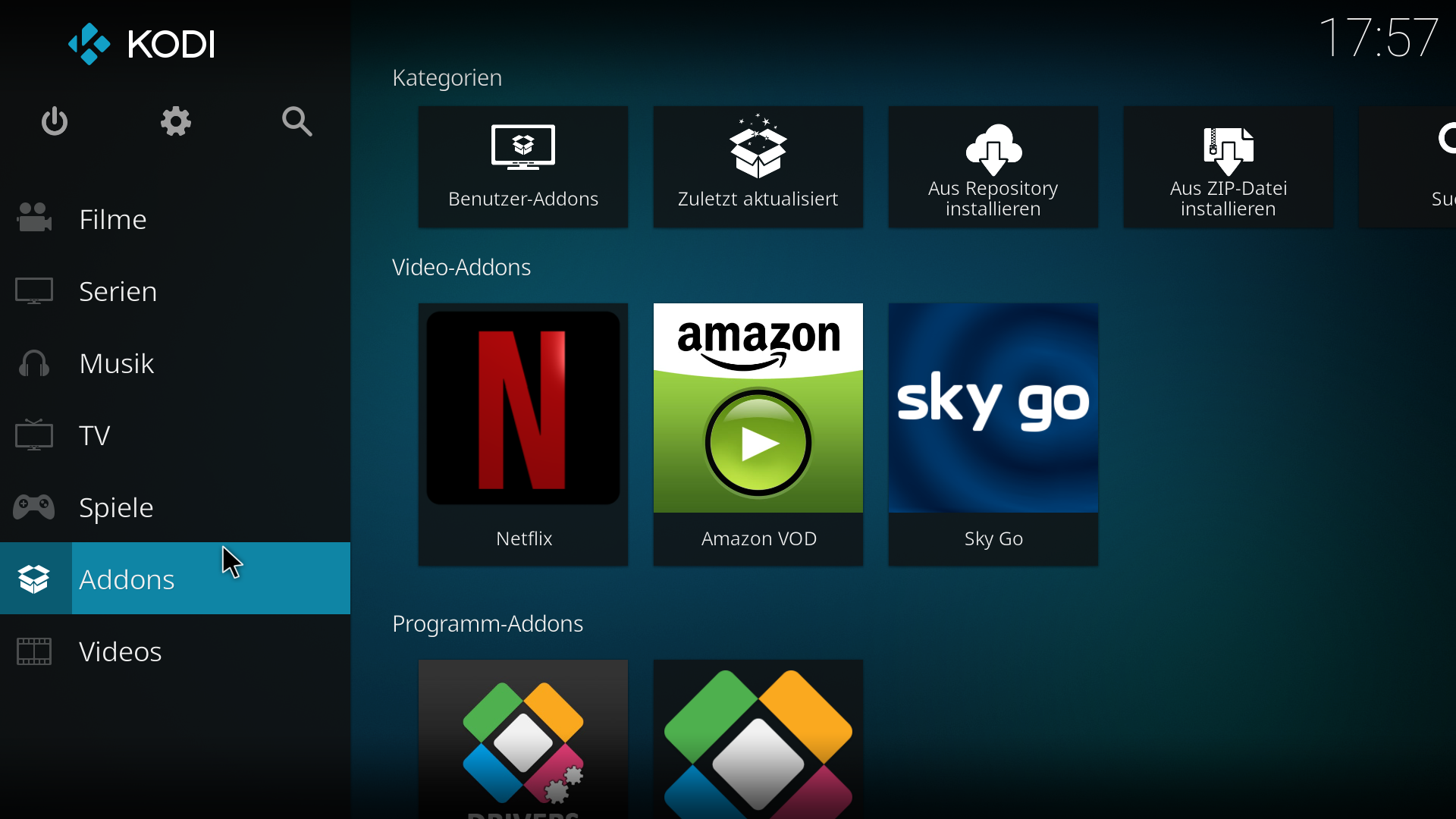

'linux_use_tcmalloc': 0, # tcmalloc does not build for ARM. 'disable_nacl': 1, # NaCL does not build for ARM.

You may also need to create or edit ~/.gyp/include.gypi with the following:.arm.env) with the environment variables required to build chromiumĮxport CFLAGS=”-I/usr/arm-linux-gnueabi/include/gtk-2.0 -I/usr/arm-linux-gnueabi/include/glib-2.0 -march=armv6 -mfpu=vfp -mfloat-abi=softfp”Įxport CXXFLAGS=”-I/usr/arm-linux-gnueabi/include/gtk-2.0 -I/usr/arm-linux-gnueabi/include/glib-2.0/ -I/usr/arm-linux-gnueabi/lib/glib-2.0/include/ -I/usr/arm-linux-gnueabi/include/pango-1.0 -I/usr/arm-linux-gnueabi/include/cairo/ -I/usr/arm-linux-gnueabi/include/librsvg-2 -O3 -march=armv6 -mfpu=vfp -mfloat-abi=softfp”Įxport GYP_DEFINES=”target_arch=arm disable_nacl=1 linux_use_tcmalloc=0 armv6=1 arm_thumb=0 use_libjpeg_turbo=0 chromeos=1″ Gclient sync -deps="unix,chromeos" -force
#Chrome os raspberry pi code
Retrieve Chromium / Chromium OS source code ( Source): usr/share/pdebuild-cross/xapt -a armel libnss3-dev libgconf2-dev libgnome-keyring-dev libgtk2.0-dev libgnome-keyring-dev libgtk2.0-dev libxtst-dev libpam-dev libxss-dev libdbus-glib-1-dev libnss3-dev libgconf2-dev libgnome-keyring-dev libxss-dev libdbus-glib-1-dev libnspr4-dev libglib2.0-dev libjpeg-dev libasound2-dev libbz2-dev libudev-dev libssl-dev libgcrypt11-dev -force-yes
#Chrome os raspberry pi install

Install emdebian toolchain (including xapt and dpkg-cross).The steps to build the Chromium browser are similar, simply remove chromeos=1 in the instructions below.
#Chrome os raspberry pi full
The steps provided below are only to build the Chromium OS binaries file, the kernel and rootfs would also have to be generated and packaged to get a full image. A 64-bit OS is necessary to be able to build the debug version of Chromium OS. A PC based on a Intel Core i7 950 CPU 3.06 GHz (Quad core) with 4 GB RAM, 6 GB swap and running Debian Squeeze 64-bit. Please note that although it can build, it still does not run properly and a few more changes are needed.įirst, you’ll need a fast machine to build Chromium OS in a reasonable amount of time. Today, I’ll post the steps followed to build Chromium OS LKGR (“the latest revision to pass only unit tests”) optimized for ARMv6 processor with soft-float support, which is the type of processor (Broadcom BCM2835) used in the Raspberry Pi. Recently I’ve been contacted by hexxeh, who maintains Chromium OS vanilla builds for x86 and MacOS computer, as he intends to provide Chromium OS for the Raspberry Pi, and you should be able to get a SD card image once everything is working from the site above. I had previously written the instructions to build an older version of Chromium (via Berkelium) for ARM using Beagleboard/Overo rootfs in order to use it with Xibo digital signage.


 0 kommentar(er)
0 kommentar(er)
